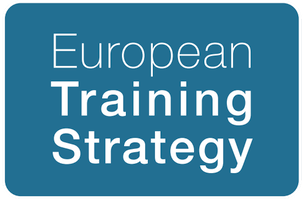

The single attitudes are summarised in different headlines that illustrate what “designing programmes” means for youth workers attitude-wise. The “clusters” do not name attitudes as such; these can be found through clicking on the lists.
Programmes need to be designed with a focus on the learners. + -
Translated into attitudes, this means:
- willingness to see the whole picture of all individuals in a group
- to display genuine interest in the group’s needs
- readiness to research and incorporate community needs into a programme design
- readiness to connect the group process with the wider community
Ambiguity and ‘the unexpected’ are part of the reality of non-formal learning. + -
To deal with this, the following attitude is helpful:
- readiness to accept and face unexpected factors that can influence the design of the programme
Different educational approaches and new developments are important for the practice of non-formal education. + -
The attitudes needed are:
- willingness to research and stay up to date with the newest developments in non-formal learning
- readiness to face challenges to one’s own views and approaches to learning and education



